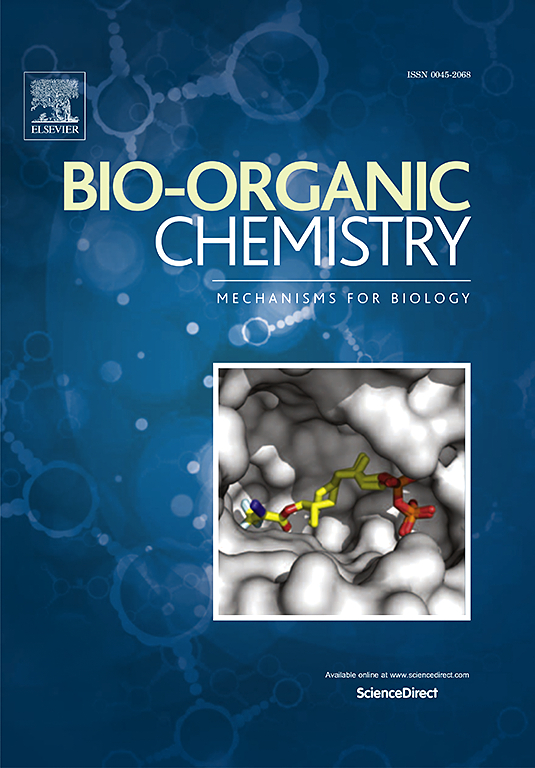Antibody-drug conjugates and radioconjugates targeting carbonic anhydrase IX and XII in hypoxic tumors: Bench to clinical applications
IF 4.5
2区 医学
Q1 BIOCHEMISTRY & MOLECULAR BIOLOGY
引用次数: 0
Abstract
Treating hypoxic tumors is challenging due to their aggressive nature, resistance to standard treatments, often leading to poor outcomes. Hypoxic tumors create a unique environment that reduces the effectiveness of traditional treatments such as chemotherapy and radiotherapy. Human carbonic anhydrases (hCA IX and hCA XII) are involved in tumors survival and metabolism by regulating pH homeostasis, ferroptosis, metastatization, and other processes. Developing drugs that specifically target these enzymes has been demonstrated to disrupt the tumor survival mechanisms, leading to significant antitumor effects. This review discusses recent developments on antibody-drug conjugates (ADCs) and radioconjugates targeting hCA IX and hCA XII in hypoxic tumors. New approaches based on small molecule inhibitors and monoclonal antibodies such as girentuximab provided encouraging results in preclinical research and clinical trials. These advances highlight the potential of hCA-targeted therapies to improve cancer treatment for hypoxic tumors.

求助全文
约1分钟内获得全文
求助全文
来源期刊

Bioorganic Chemistry
生物-生化与分子生物学
CiteScore
9.70
自引率
3.90%
发文量
679
审稿时长
31 days
期刊介绍:
Bioorganic Chemistry publishes research that addresses biological questions at the molecular level, using organic chemistry and principles of physical organic chemistry. The scope of the journal covers a range of topics at the organic chemistry-biology interface, including: enzyme catalysis, biotransformation and enzyme inhibition; nucleic acids chemistry; medicinal chemistry; natural product chemistry, natural product synthesis and natural product biosynthesis; antimicrobial agents; lipid and peptide chemistry; biophysical chemistry; biological probes; bio-orthogonal chemistry and biomimetic chemistry.
For manuscripts dealing with synthetic bioactive compounds, the Journal requires that the molecular target of the compounds described must be known, and must be demonstrated experimentally in the manuscript. For studies involving natural products, if the molecular target is unknown, some data beyond simple cell-based toxicity studies to provide insight into the mechanism of action is required. Studies supported by molecular docking are welcome, but must be supported by experimental data. The Journal does not consider manuscripts that are purely theoretical or computational in nature.
The Journal publishes regular articles, short communications and reviews. Reviews are normally invited by Editors or Editorial Board members. Authors of unsolicited reviews should first contact an Editor or Editorial Board member to determine whether the proposed article is within the scope of the Journal.
 求助内容:
求助内容: 应助结果提醒方式:
应助结果提醒方式:


